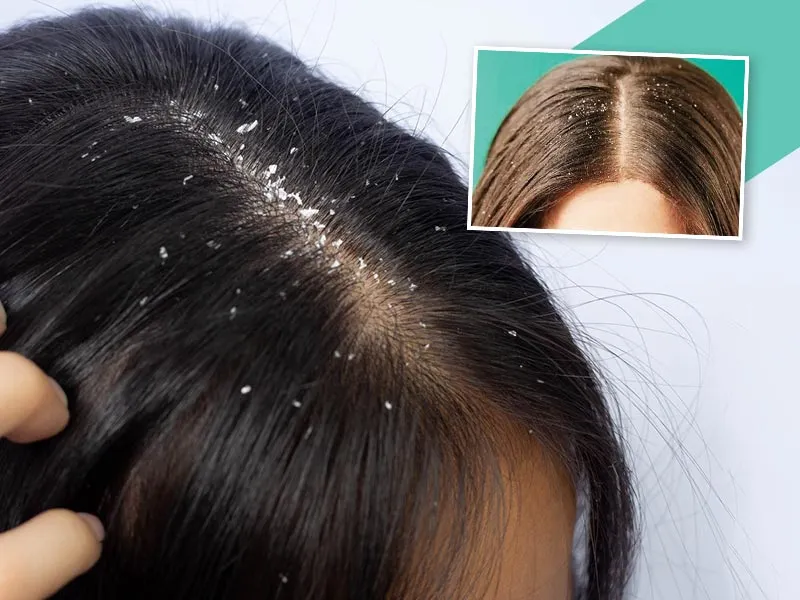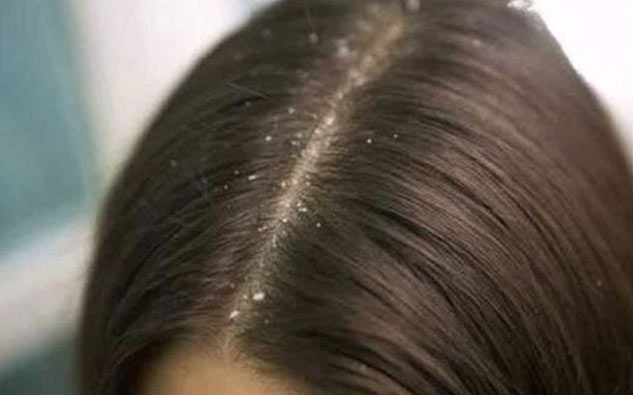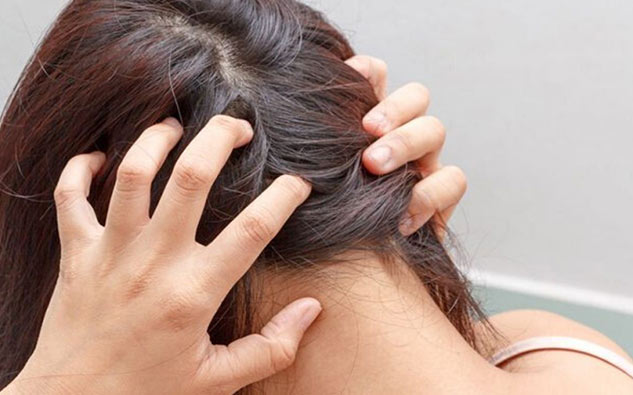
If white flakes have been dusting your shoulders lately, it's easy to assume dandruff is to blame. However, what many people mistake for dandruff might actually be dry scalp, which is a condition that looks similar on the surface but with entirely different causes. Understanding which one you're dealing with is key to treating the problem effectively and keeping your scalp healthy. Read ahead to find out.
Table of Content:-
Difference between Dandruff and Dry Scalp
The editorial team of Onlymyhealth reached out to our expert, Dr Rashmi Sriram, Dermatologist, Fortis Hospital, Rajaji Nagar, Bengaluru, and she explained, "Dandruff and dry scalp are often confused because they both cause flaking, but they have very different underlying mechanisms. Dandruff results from excess oil and overgrowth of yeast on the scalp, whereas a dry scalp is just the lack of moisture.”
In dandruff, the yeast Malassezia feeds on scalp oils, resulting in inflammation and a rapid turnover in skin cells. The result is a greasy, yellowish scaling that often sticks to the hair and scalp. A dry scalp, however, has small, white, powdery flakes that fall easily and may be associated with tightness or itching.
Also Read: What Is the Number 1 Supplement You Need After Age 40?

What Causes Dandruff and Dry Scalp
Dandruff usually occurs when the scalp becomes excessively oily or unbalanced. Certain factors may exaggerate it, such as infrequent washing, harsh shampoos, stress, hormonal changes, and certain hair products. “People with oily skin types or seborrheic dermatitis are more prone to dandruff,” said Dr Sriram.
But a dry scalp happens when the scalp is stripped of its natural oils, which can be caused by cold weather, over-washing, heat styling tools, or even using products containing harsh detergents or alcohol. Whereas dandruff will do well in oily situations, the condition of a dry scalp is worsened by low humidity and may feel rough or flaky.
How to Spot the Difference between Dandruff and Dry Scalp
According to Dr Sriram, here's a simple way to differentiate the two:
- Flake texture: Dandruff flakes are large, greasy, and yellowish; flakes from a dry scalp are small, dry, and white.
- Scalp feel: Dandruff usually is itchy and greasy; a dry scalp feels tight or irritated.
- Hair condition: It can appear greasy with dandruff, but dull and frizzy when the scalp is dry.
- Location: Dandruff can also appear around the eyebrows, ears, and sides of the nose, while dry scalp is limited to the scalp area.

Treatment for Dandruff vs Dry Scalp
Dandruff treatment involves tackling the imbalance of yeast and oil. "Use an anti-dandruff shampoo containing ketoconazole, zinc pyrithione, selenium sulfide, or salicylic acid," advised Dr Sriram. And. wash the hair two to three times a week and avoid applying too much oil to the scalp, as this exacerbates the condition.
For a dry scalp, what is sought is moisture. Go with a mild, sulfate-free shampoo, then follow up with a hydrating conditioner or scalp serum; some oils, like argan, coconut, or jojoba, would help in rebalancing the scalp-but use them sparingly and wash out thoroughly.
Also, limit hot showers and heat styling, and use a humidifier in dry environments to keep the scalp comfortable.
Bottomline
Flaking of the scalp does not always point to dandruff. Knowing whether it is because of excess oil or due to lack of moisture will help you treat it accordingly and restore scalp health.
Also watch this video
FAQ
1. Is it possible to have both dandruff and dry scalp?
Yes, it’s possible. Using harsh shampoos can dry out the scalp, while an oily buildup can still promote dandruff-causing yeast. Balancing cleansing and hydration is key.2. How long does it take before dandruff or dry scalp improves?
Improvement is often visible within two to four weeks with the right shampoo and scalp care. Persistent cases may require a dermatologist's care.3. Is dandruff contagious?
No, dandruff is not contagious. It's the result of the scalp's individual reaction to yeast and oil production rather than the result of direct contact.
How we keep this article up to date:
We work with experts and keep a close eye on the latest in health and wellness. Whenever there is a new research or helpful information, we update our articles with accurate and useful advice.
Current Version
Nov 08, 2025 09:15 IST
Published By : Tanya Srivastava